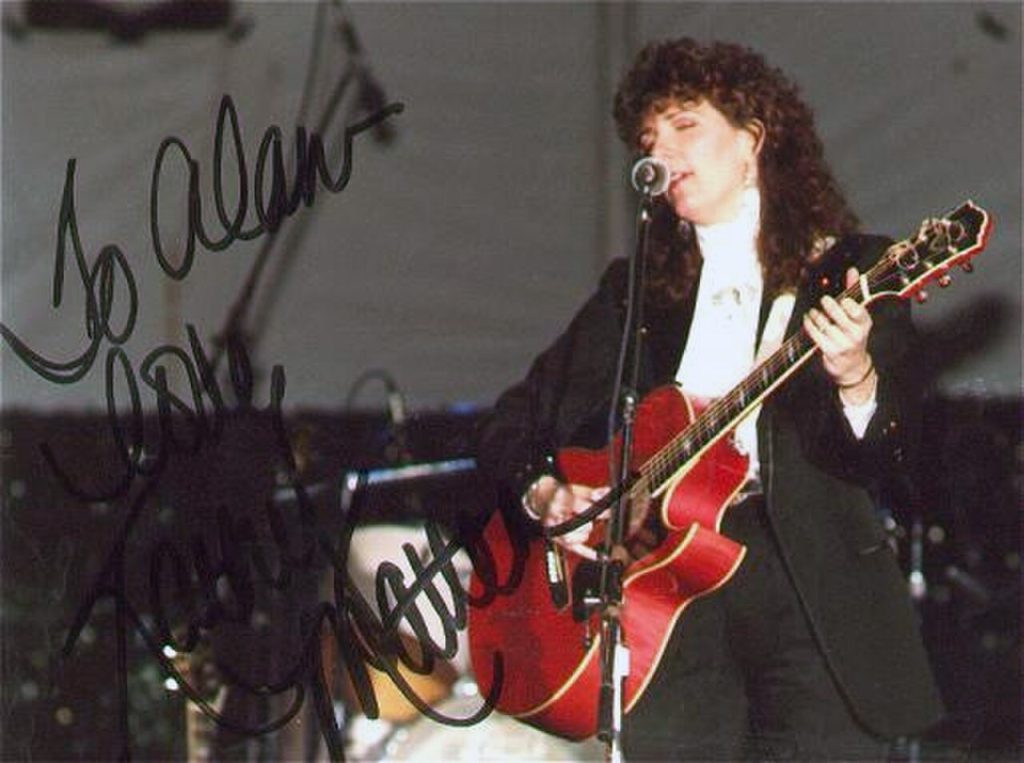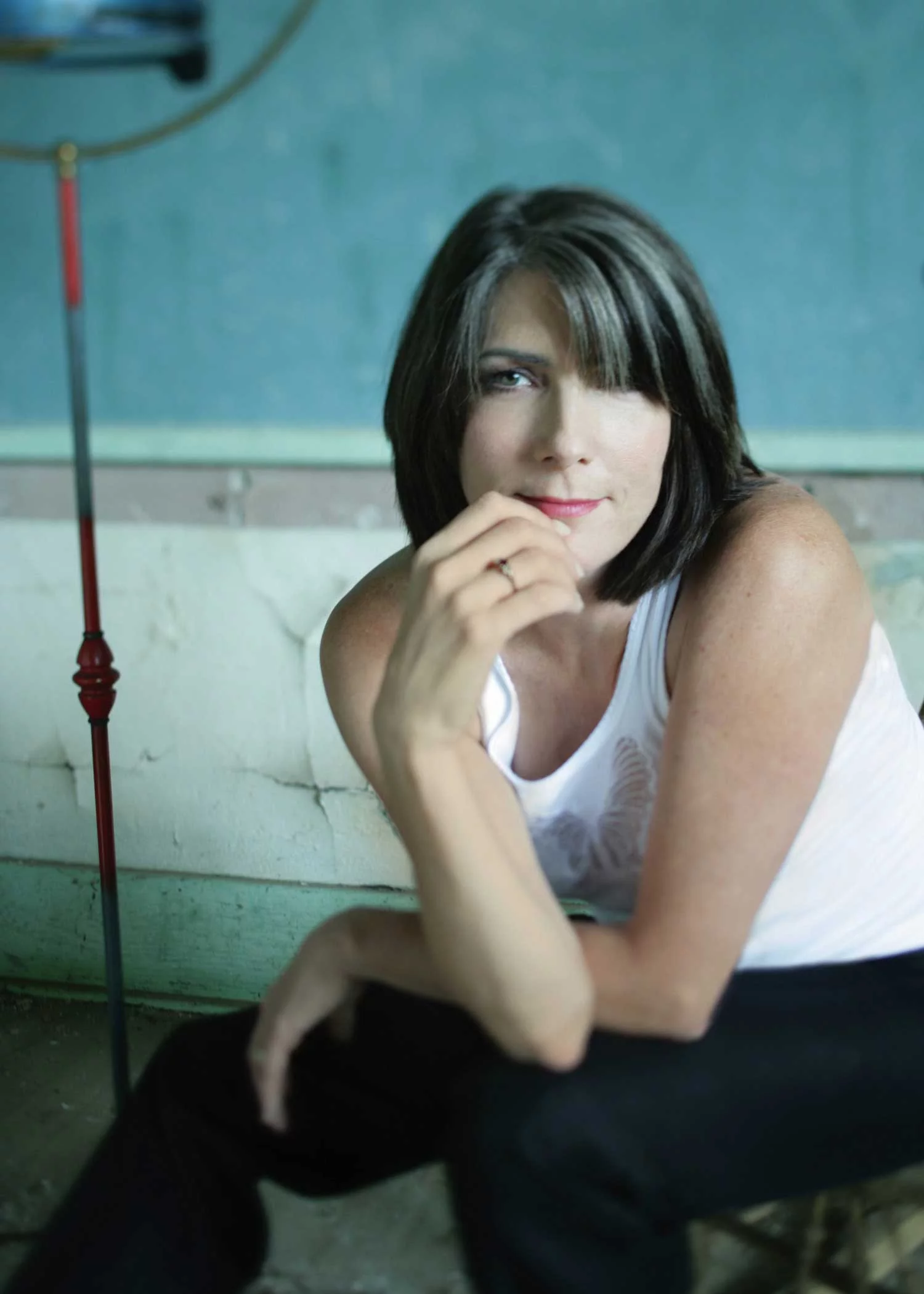
A Profound Reflection on Love and Time
In the gentle embrace of Kathy Mattea’s voice, “Where’ve You Been” unfolds as a tender narrative that resonates deeply with those who have journeyed through the seasons of love and life. Released in 1989 as part of her critically acclaimed album Willow in the Wind, this poignant ballad quickly carved a special place in the hearts of listeners, eventually securing a spot at number 10 on the Billboard Hot Country Singles & Tracks chart. Beyond its commercial success, the song stands as a testament to the enduring power of love, capturing moments of vulnerability and strength that echo across generations.
The genesis of “Where’ve You Been” is rooted in personal history, adding layers of authenticity and emotion to its narrative. Co-written by Mattea’s husband, Jon Vezner, and fellow songwriter Don Henry, the song draws inspiration from the real-life love story of Vezner’s grandparents. This intimate connection to its subject matter imbues every line with a sincerity that is palpable, inviting listeners into a world where love transcends time and memory.
At its core, “Where’ve You Been” is a meditation on the enduring bonds that connect us, even as time weaves its intricate patterns around our lives. The song tells the story of a couple whose lives are intertwined across decades, culminating in a poignant reunion in the twilight of their years. It speaks to the universal longing for connection and understanding, exploring themes of presence and absence with a delicate touch that leaves an indelible mark on the listener’s soul.
Mattea’s rendition of this song is nothing short of exquisite. Her warm, emotive delivery captures the nuances of each verse, allowing the listener to feel every moment as if it were their own. The simplicity of the arrangement—a gentle piano melody accompanied by subtle strings—underscores the intimacy of the lyrics, creating a space where reflection and emotion can flourish.
For those who have experienced the ebb and flow of long-term relationships, “Where’ve You Been” serves as both a reminder and a celebration of enduring love. It evokes memories of shared moments and silent understandings, painting a picture that is at once nostalgic and hopeful. The refrain, “Where’ve you been? I’ve looked for you forever and a day,” encapsulates the longing that permeates our search for connection, reminding us that true love is often found in quiet companionship rather than grand gestures.
The significance of this song extends beyond its lyrical content; it also represents a milestone in Mattea’s career. Known for her ability to blend country traditions with contemporary sensibilities, Mattea brought an authenticity to her performances that resonated with audiences far beyond the confines of genre. With “Where’ve You Been,” she solidified her reputation as an artist capable of conveying profound emotional truths through her music.
In reflecting on this song, one cannot help but be reminded of their own journeys—the people they have loved, lost, and found again in unexpected ways. For older listeners in particular, “Where’ve You Been” offers a space for introspection and remembrance, inviting them to revisit their own stories with tenderness and grace.
As we listen to Mattea’s hauntingly beautiful interpretation, we are invited to pause and consider the moments that define us: the quiet evenings spent together, the unspoken promises held within a glance, and the enduring strength that comes from knowing we are truly seen by another. “Where’ve You Been” is more than just a song; it is an ode to love’s timeless capacity to bridge distances and create connections that withstand even life’s most challenging trials.
In sharing this narrative through her music, Kathy Mattea not only honors her personal history but also offers solace and understanding to all who listen. It is a gift—a gentle reminder that love endures beyond words or time, waiting patiently for us to recognize it once more.
